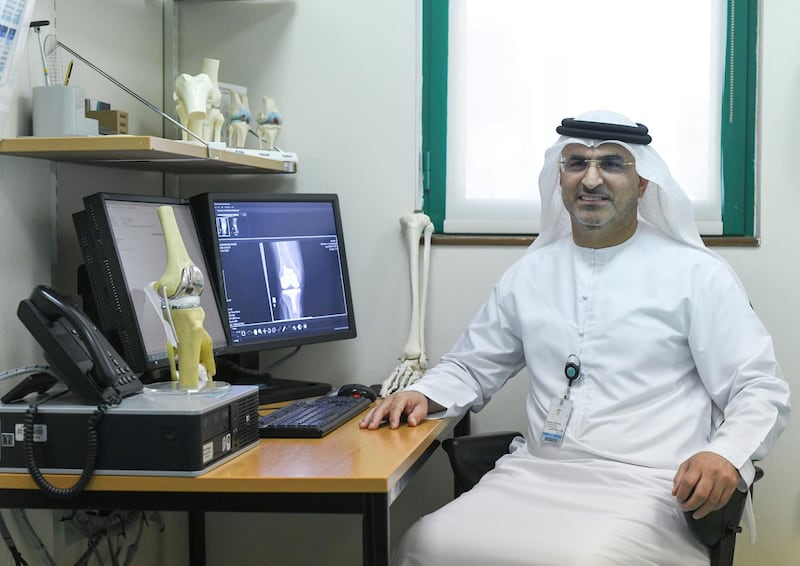From robot-assisted surgery to smart pharmacies – dispensing medicine at the click of a button – the UAE has emerged as a regional hub for cutting-edge medical advancement. The country witnessed its first robotic surgery last year for a hysterectomy and on Monday, the technology was used to perform knee surgery at Sheikh Khalifa Medical City in Abu Dhabi. The idea of trusting a machine with one's health, let alone with life-altering surgery, might seem frightening. But these procedures are very much a team effort, bringing out the best in both man and machine. The new technology is designed to assist doctors in their duties, allowing them to operate with greater accuracy. Robotics provide surgeons with three-dimensional imagery and a detailed 360-degree view of their patient's body. The precision that these machines can bring to the operating theatre exceed that of a human hand, making them truly life-enhancing.
There are drawbacks. The high cost of robotic assistance means it is not yet a mainstream component of surgery. In addition, their use requires doctors to be expertly trained and highly experienced. After the untimely death last year of a patient undergoing a robot-assisted heart operation in the UK, professor Stephen Westaby, a renowned heart surgeon, warned against the reckless use of technology. But when used properly, this technology improves patient outcomes. That is why the success of Abu Dhabi's latest procedure has created such high hopes for patients and doctors alike. "This is the beginning of the future," said Dr Yaaqoub Al Hammadi, the surgeon who performed the groundbreaking operation. "There will come a day where every procedure will be assisted by artificial intelligence."
Dr Al Hammadi is encouraging other surgeons to complete the necessary training required to perform these futuristic procedures. Robot-assisted operations are also faster than traditional procedures, cutting waiting lists and giving doctors more time to care for their patients outside the operating theatre. The result is a more humane approach to patient care, matching the precision of robotics with the expertise and sensitivity of well-trained surgeons.





